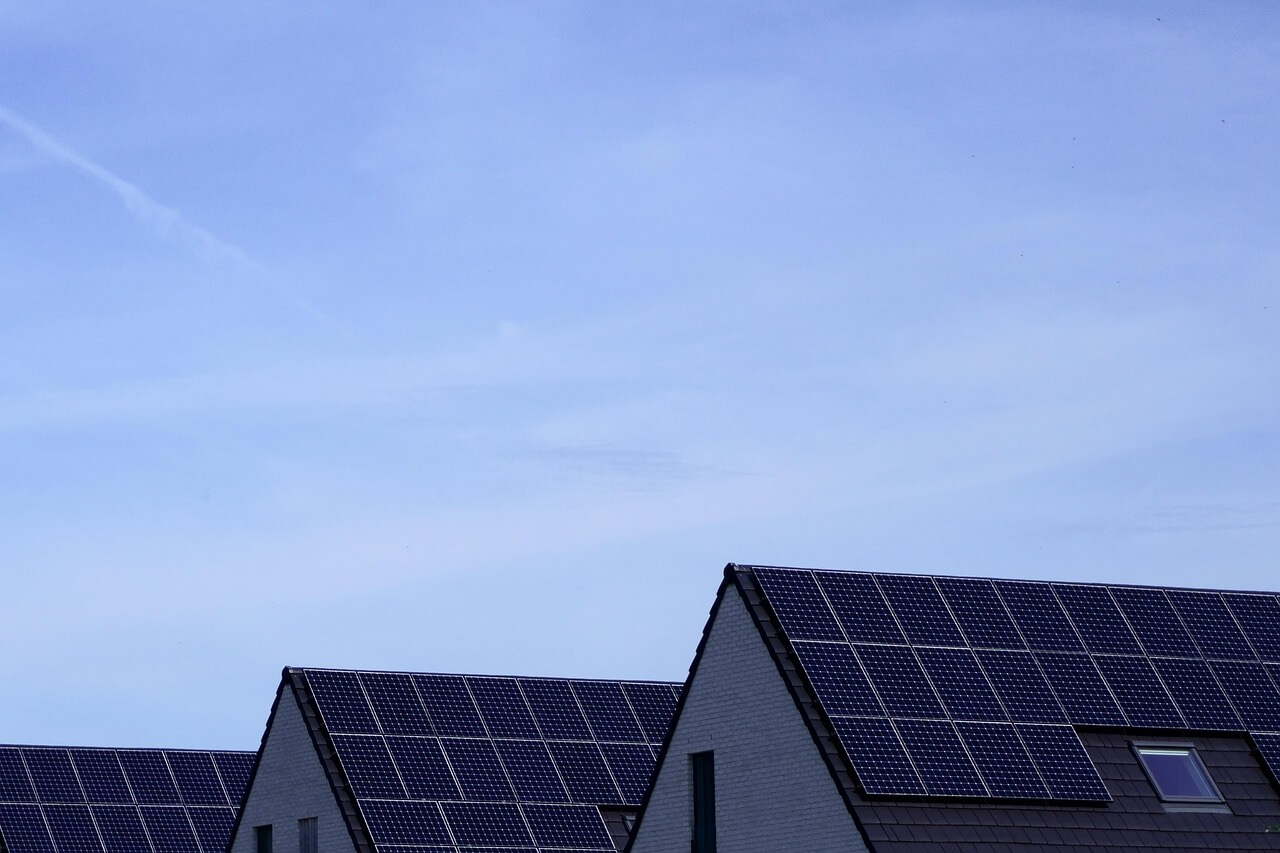Recently, Japanese solar manufacturer TOYO announced that its solar cell plant in Ethiopia officially commenced production in early April 2025, with an annual capacity of 2GW, marking the company's official entry into localized manufacturing on the African continent. As planned, the plant will deliver over 80MW of solar cell products to customers by the end of April 2025, and will increase its monthly capacity to 150-200MW from May to June, reaching full production.
In March this year, TOYO announced plans to increase the annual capacity of its Ethiopian solar cell plant from 2GW to 4GW due to "strong external customer demand," aiming to supply core solar cells for its newly built 2GW module plant in Texas, US. Junsei Ryu, Chairman and CEO of TOYO, stated, "We are very optimistic about the current strong market demand and are fully advancing the expansion plan to add 2GW at the Ethiopian plant."
The commencement of production at TOYO's Ethiopian plant coincided with the US Department of Commerce imposing high "anti-dumping and countervailing" tariffs on solar cell and module products from Cambodia, Malaysia, Thailand, and Vietnam. This move has prompted US domestic module manufacturers to urgently seek new duty-free solar cell supply channels.
Christian Roselund, Senior Policy Analyst at Clean Energy Associates, posted on LinkedIn, "Although most solar cell manufacturing has already shifted from the four Southeast Asian countries, these tariffs will completely eliminate the remaining capacity in these countries, hindering the recovery of their solar cell manufacturing businesses." Additionally, Philip Shen, Partner and Senior Analyst at Roth Capital, predicted that the next round of "anti-dumping and countervailing" investigations targeting India, Indonesia, and Laos is expected to be launched by the end of Q2 2025.

![[SMM PV News] Armenia Hits 1.1 GW Solar Capacity,](https://imgqn.smm.cn/usercenter/qQwIB20251217171741.jpg)
![Spot Market and Domestic Inventory Brief Review (February 5, 2026) [SMM Silver Market Weekly Review]](https://imgqn.smm.cn/usercenter/tSwaX20251217171735.jpg)
